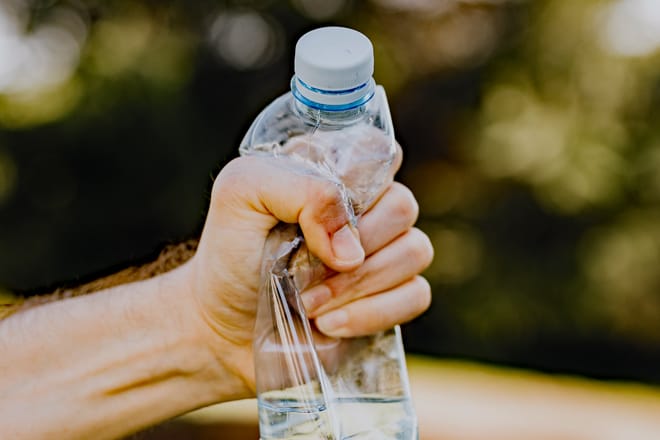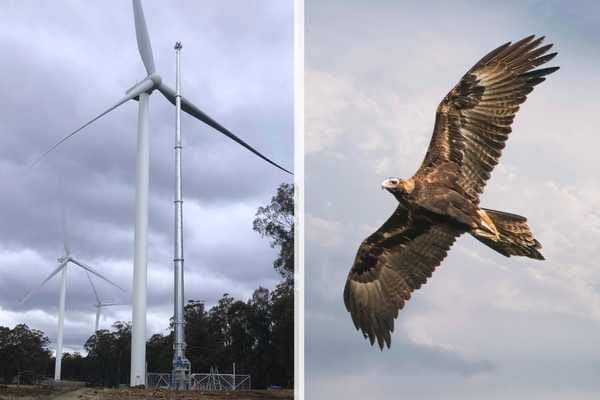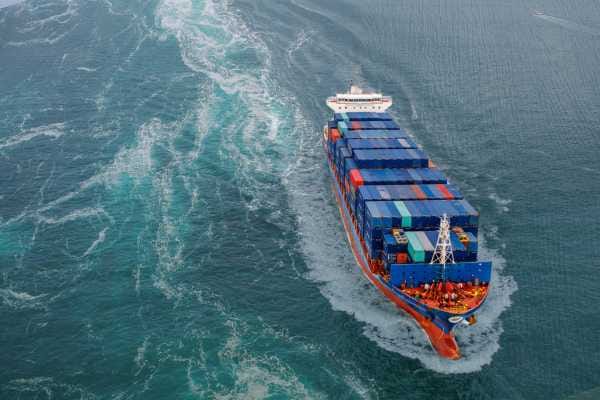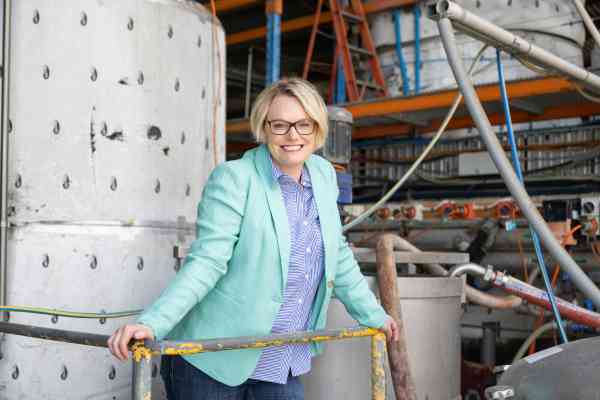Plastic that breaks down in landfill
A new plastic additive has been developed to significantly reduce its environmental impact.

A new plastic additive has been developed to significantly reduce its environmental impact.
It’s a scary statistic, but less than 10 per cent of the world’s plastic waste makes it to a recycling facility.
Of all the plastics ever made – 8.3 billion metric tons – only nine per cent have been recycled, and 79 per cent now sits in landfill or in the natural environment as litter, say researchers from the University of Georgia, the University of California, Santa Barbara and Sea Education Association.
Given that plastic takes more than 400 years to degrade, that will see 12 billion metric tons of plastic sitting in landfill by 2050, the researchers say.
A new food-safe product called PakToEarth offers an interim solution to this enormous plastic problem, according to the company commercialising the product, Twelve8 Technology.
The product contains an additive that allows plastics to decompose naturally within two years without creating microplastics or toxicity with no special pre-treatment like Bioplastics (plant-based materials) do.
"So, our products if they escape recycling and end up in landfill, using our patented technology will decompose completely over two years."

PakToEarth plastic packaging breaks down into air, water and salt to become less than one per cent biomass in sunlight or when buried in landfill.
It contains an additive that enables it to break down within two years and can do this naturally in sunlight or in thermal atmospheric heat under anaerobic conditions with zero or low oxygen present.
This is because it has oxygen built in, and once it has oxidised sufficiently, it can be broken down by micro-organisms.
Its creators say PakToEarth can be used in packaging like cling films, produce and bread bags and straws as well as thicker plastic detergent bottles, milk bottles, caps, and single use plastic such as cups and food containers.
The product, which was developed by Green Notion with technical support from the Nano and Advanced Materials Institute (NAMI) in Hong Kong, is already being used in Asia by large food businesses such as 7-Eleven, Dominos, and Asian retailer Dairy Farm, and demand is huge in the region, according to Twelve8 Technology.
“We are strong supporters of the circular economy, however currently over 80% of plastic still ends up in landfill and even with best practice this is only likely to reduce to 50% in the next few years,” Twelve8 Technology says.
“So, our products if they escape recycling and end up in landfill, using our patented technology will decompose completely over two years.”
The tech
RAWS-Tech is a patented polymer additive that comes in pellet form and is added to petrochemical-based plastic resin during manufacturing. During manufacture, a trigger date is set up for the polymer to become active at some point from six months up to four years, depending on the supply chain.
Once this trigger date is hit, the RAWS-tech polymer will start to break down the plastic with or without sunlight in landfill or anywhere else on land (its performance in water has yet to be certified).
Who funds it
It was developed by Green Notion with technical support from Nano and Advanced Materials Institute (NAMI), and is being distributed by Twelve8 Technology.
Is it ready to roll
PakToEarth is already being used in Asia by several large brands, however its performance in water has yet to be certified.





